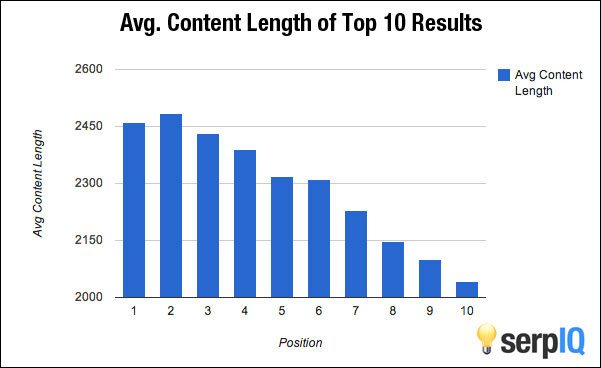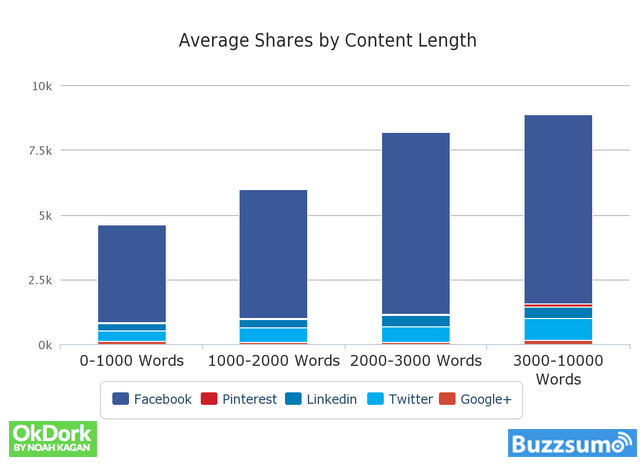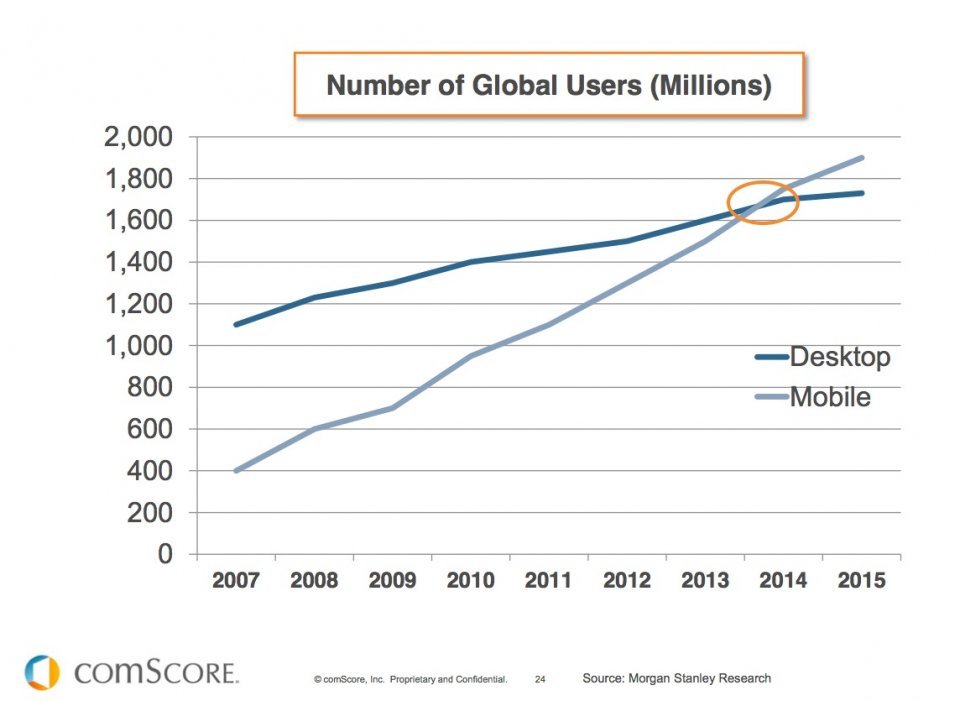Content and commerce are two of the main driving forces of the online economy. In the end, most websites come down to creating content and/or selling stuff.
It makes sense, doesn’t it? After all, we are all here to earn a living. Bloggers need to monetize their site to live off of their writing. Online shops need to ways to market themselves. As a consequence, in many cases content and commerce are dependent on each other to be successful.
Thankfully, WordPress can do both and in this article, we will talk about how the platform can help you excel in each area. We will first talk about why content and commerce work so well when combined and then about what makes WordPress the perfect tool to use them together.
Why Content and Commerce Are Perfect Companions
Before getting into what WordPress can do for you in the content and commerce area, let’s first talk about why the two go hand in hand so well.
Content Builds Trust for Businesses
Creating content is one of the best ways to build a relationship with your audience and buyers. Why? Because content is about them, not about you.
Creating and giving away great content changes the conversation from “here, buy our stuff!” to “look at the helpful information we are giving away for free! oh, by the way, we also offer some paid stuff we would like you to look at.”
As you will probably agree, the second way is much more unobtrusive than always pushing the sale. Plus, by giving away content for free, you can start a conversation and build authority, expertise, and ultimately trust.
Doing so makes it much more likely that visitors will buy what you have to offer. It will help position your site as an industry leader and make your brand more recognizable. And that can never be a bad thing.
Content Increases SEO and Traffic
Google and other search engines love content, especially if it’s long form, high quality, and unique. In fact, that kind of content is usually found on the first page of Google search results.
However, you will be hard pressed to hit 2000-3000 words with a simple product page. At the same time, that’s quite an average length for successful blog content.

For that reason, creating content is a good way to rank high and bring in visitors. Plus, every piece is another page for Google to index and another chance to attract potential buyers. In addition to that, high-quality content is good for domain authority and link building which will further increase your search rankings.
Content Widens Social Media Exposure
Aside from search engines, content is also a staple of the social media sphere.
Social media platforms are no longer just the place where people post how they are feeling today or what they ate for lunch. They have become alternative search engines with millions of users looking for products, services, and information that interests them.
For that reason, they are an important marketing tool. If you can contribute helpful, up-to-date tips and solve other people’s problems with your content, they will be more than happy to click and share it. Here, too, the motto is “the longer the better” as longer content gets shared a lot more often than shorter pieces.

Plus, if you create your own content, it gives you material to share on your outlets that bring visitors right back to your site. Furthermore, quality content is a great way to get more followers. That, in turn, means spreading your content further and farther than before.
Finally, who knows, maybe one of your articles goes viral, bringing loads of new visitors to your site at once.
Content is Good for Conversions
Content provides more reasons to stick around on your site than just product pages. More time on your site means more chances to convert browsers into buyers. (By the way, learn other ways to keep visitors on your site longer.)
That is especially true if your content increases trust. It can do so by being engaging, informative, helpful, and overall valuable. If you build a relationship with your audience through your content, they will be happy to keep buying your products and tell others about it.
Case in point, Pat Flynn of Smart Passive Income is so loved by his audience, that they purposely come to his site to click on the affiliate links when purchasing hosting or other products. Just because they like him personally and want to support him. Now that’s loyalty.
(To build your own affiliate website, check this article.)
Content Marketing is Inexpensive
As opposed to other forms of advertisement, content marketing can be done relatively cheap. With free tools like WordPress and social media, your biggest investment is time. And make no mistake, creating shareable, valuable content takes a lot of it.
However, it’s worth it. With every piece of content, you are building a self-perpetuating marketing machine with compounding interest. That’s because everything you create stays out there and continues to advertise your site long after you publish it. And as your site grows in authority, so do your articles.
WordPress – A Content Marketing Powerhouse
So, if content marketing is so great, how can WordPress help you with it? Let’s talk about that next.
Made for Blogging
WordPress started out as a humble blogging platform. By now, it has long since moved on to being a fully powered CMS capable of powering anything from portfolio websites to mobile apps.
However, content creation still lies at the heart of WordPress. This is evidenced by the mighty WordPress WYSIWYG editor. It lets everyone, including beginners, craft web pages, and blog posts quickly and easily.
In addition to that, it comes with extensive multimedia capabilities. Besides image management, it also has auto-embeds for anything from YouTube videos to the latest tweets. All you need for high-quality web content.
Powerful SEO
We have already talked about how content creation helps with search rankings. Besides giving you the tools to do so, WordPress is also SEO friendly out of the box. That means, just using the platform gives you a solid foundation for search engine success.
However, the real magic happens when you get into its SEO extensions. Plugins like Yoast SEO (find an extensive test here) and All-in-One SEO Pack (find a comparison of the two plugins here) can really take your content to the next level.
Ready for Social Media
However, let’s not forget social media. Above we established its importance as a traffic source. So, how does WordPress fare in this area?
Good news: The platform is completely ready for social media. Not only are WordPress posts and pages easily digestible (and thus shareable) on social media, we also have masses of plugins at our disposal to improve sharing and more.
Ready for Email Marketing
Email lists remain an important marketing channel. People who trust you enough to give out their email address are usually happy to come back to your site over and over. If you give them a reason to.
As a consequence, one of the most important things for marketing any website is building a solid email list. That’s another thing that WordPress makes really easy. With tools like MailChimp for WordPress and SumoMe anyone can add signup forms to their site in no time.
Mobile Friendly
In today’s online environment, mobile friendliness is no longer optional. In fact, mobile visitors have long eclipsed those coming from desktop computers.
The numbers for mobile commerce are even more dramatic. By the end of this year, the share of mobile devices in online shopping is projected to hit 70%.
In addition to that, Google and other search engines heavily favor mobile-friendly websites. In fact, sites without a mobile-optimized version won’t even show up in Google’s mobile search results anymore. If that is you, you are missing out on not only visitors but paying customers.
Thankfully, all modern WordPress themes offer mobile functionality so that your clients using tablets and phones don’t feel left out in the rain.
WordPress Puts the Power of Ecommerce at Your Fingertips
Alright, now that we have learned what WordPress can do in the content game, let’s talk about what the platform is capable of in terms of commerce.
However, while doing so, let’s not forget that many of the factors mentioned above also apply to commerce. For example, solid SEO and mobile friendliness are also really important for running a successful online shop. However, in addition to that, WordPress has other things to offer.
A Plethora of Ecommerce Plugins
First of all, WordPress offers plenty of tools to build online shops, the biggest of which is WooCommerce. It’s not only the biggest WordPress ecommerce plugin, but one of the biggest ecommerce solutions out there, period. In fact, it powers more than 40% of all online stores.
If that piqued your interest, don’t miss out on our detailed beginner’s tutorial for WooCommerce.
In addition to that, we have specialized plugins like Easy Digital Downloads, which is specifically made to peddle electronic goods. Or, if you’d like to build a membership site, iThemes Exchange might be worth a look.
It’s even possible to make WordPress work with a third-party ecommerce solution like Shopify. Doing so allows you to take advantage of the best of both worlds. The content power of WordPress with the ecommerce chops of Shopify. Luckily, we have a detailed tutorial for that as well.
Loads of Ecommerce Themes
In addition to the aforementioned plugins, there are also masses of ecommerce-ready WordPress themes that can make your site look like a professional online shop in seconds.
For example, a search for WooCommerce-ready themes in the WordPress directory alone shows over 400 themes. And those are just the free solutions. There are loads more commercial themes out there that are both affordable and well supported. You should easily find something for your needs.
Plus, even if it’s not completely what you want, with WordPress, basically any type of customization is possible. Oftentimes, you can implement them yourself. However, even you can’t, affordable help is out there.
Low Costs (Again)
In contrast to stand alone or proprietary ecommerce solutions, costs for online shops built with WordPress are limited.
First of all, most solutions that we mentioned above are free to use with limited features. That way, you can try out which one is the right for you without any financial commitment.
Secondly, if you do need to purchase additional features, they usually sell for less than a membership on other selling platforms and don’t come with monthly fees.
Also, they never ask for any share of your revenue and don’t increase in cost if you move more inventory. Something that can’t be said about other solutions out there.
Add to that the fact that the platform they are based on has a zero price tag and you are at a point where you can open an online shop for the fraction of the cost of other, proprietary systems.
WordPress, Content, and Commerce in a Nutshell
A large part of the online world is either devoted to content, commerce or – increasingly – both. No wonder, combining the two is one of the best ways to build a profitable online business.
That’s because content is one of the most effective online marketing methods in existence. On the other hand, some sort of commerce is usually necessary to monetize your web entity.
Thankfully, WordPress is well versed in both. As we have seen above, the platforms offer loads of benefits for content creation and ecommerce. This makes it the perfect companion to build a site that is both popular and profitable. And that’s the dream, isn’t it?
Are you using WordPress for both content and commerce? What are your thoughts, both good and bad? Let us know in the comments section below.


No Comments